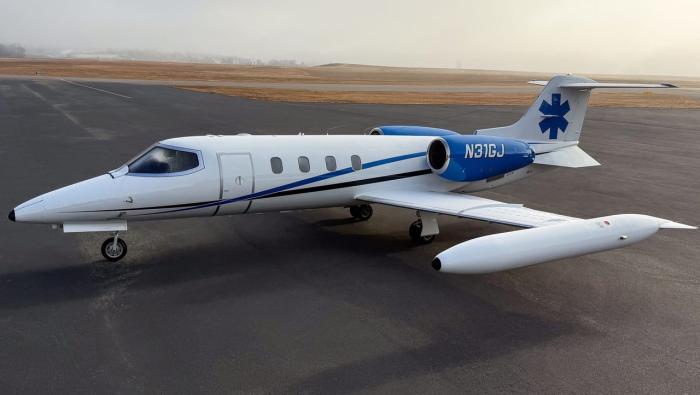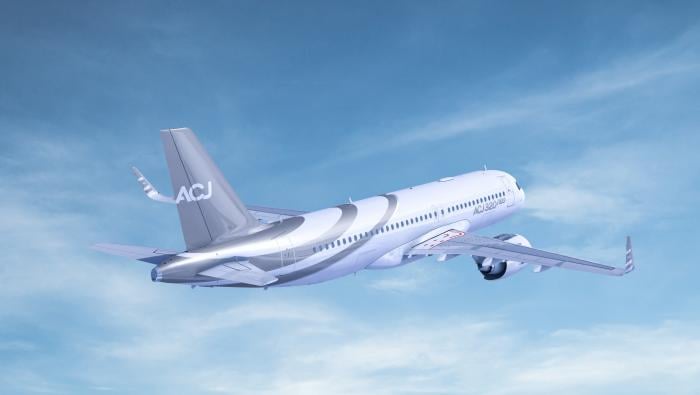On March 9 the Kingdom of Saudi Arabia signed a Memorandum of Intent (MoI) with the UK government to purchase 48 Eurofighter Typhoon swing-role fighters. Leading the sale on behalf of the Eurofighter partner companies, BAE Systems—along with the UK government—had been pursuing a follow-on Saudi buy for several years, having earlier sold 72 Typhoons to the Kingdom.
For the partner companies and their suppliers throughout Europe the deal, if finalized, represents a major boost, coming on top of a Qatari order for 24 Typhoons signed in December. Before the order Typhoon production at the BAE Systems Warton plant had been expected to shut down in 2022 without further orders, but the two new deals secure thousands of jobs for several more years.
Signed in London by Crown Prince Mohammed bin Salman, the MoI is for an order that would be worth more than £10 billion if concluded. “The Crown Prince’s visit has opened a new chapter in our two countries' historic relationship,” said Gavin Williamson, UK defence secretary. “We have taken a vital step toward finalizing another order for Typhoon jets that will increase security in the Middle East and boost British industry and jobs in our unrivaled aerospace sector.”
BAE Systems CEO Charles Woodburn noted that the company is “committed to supporting the Kingdom as it modernizes the Saudi Armed Forces and develops key industrial capabilities critical to the delivery of Vision 2030,” the Kingdom’s economic diversification and social reform strategy. This has raised speculation about the part Saudi industry could play in production of the aircraft. Plans for the 2007 order for 72 Typhoons included later aircraft being assembled in Saudi Arabia, but they were all completed on the Warton final assembly line. However, some work on the 22 BAE Systems Hawk advanced trainers ordered by the Royal Saudi Air Force is undertaken in the Kingdom.
If concluded, this agreement is expected to cover Typhoons equipped to the very latest standard, at least as capable as those currently being produced for Kuwait (a deal for 28 aircraft that was headed by Leonardo and the Italian government). Those aircraft are to be equipped with the Captor-E AESA radar and Pirate forward-looking infrared sensor. Weapon options for the Saudi Typhoons would likely include the Meteor, Storm Shadow, and Brimstone missiles from MBDA.
Meanwhile, Typhoon’s chances of landing an order from Malaysia appear to have improved following a remark by the country’s defense minister concerning the European Union’s intention to reduce imports of palm oil, Malaysia’s prime export product and one that has been used as part-payment for various defense programs. In a post-Brexit Europe this policy—if implemented—could place a British-led Typhoon campaign at a distinct advantage over its French rival, the Dassault Rafale.







